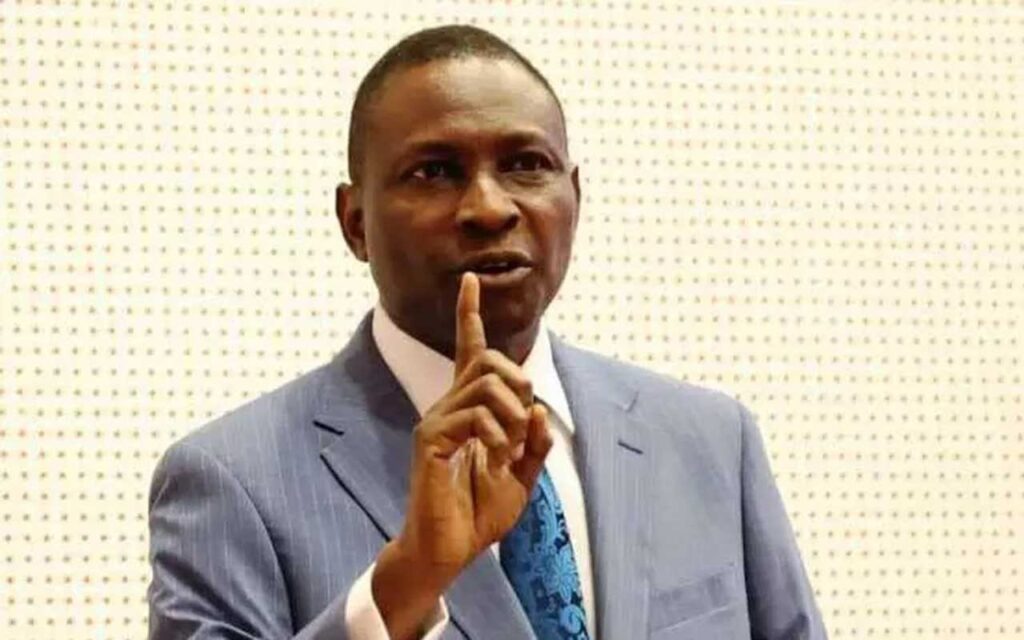The Chairman of the Economic and Financial Crimes Commission (EFCC), Ola Olukoyede, yesterday sought the backing of the National Assembly to legislate against unexplained wealth.
He said Nigeria cannot win the anti-corruption war without the legal backing to hold public officers accountable for assets far beyond their legitimate earnings.
Olikoyede spoke at the National Conference on Public Accounts and Fiscal Governance organised by the Public Accounts Committees of the Senate and House of Representatives in Abuja.
The EFCC chairman described the magnitude of public sector corruption as disturbing.
“In the last three weeks, we started a commission-wide investigation into the extractive industry, particularly the oil and gas sector. What we have discovered is mind-boggling.
“And we have only just opened the books. So much more corruption is to be unraveled. If this is what we’re seeing at the surface, imagine what lies beneath,” he said.
Olukoyede described fiscal rascality and mismanagement of public resources as a core driver of Nigeria’s economic woes and security challenges.
“There is a strong connection between the mismanagement of our resources and insecurity. When you look at banditry, kidnapping, and terrorism, trace them back, and you will find a pattern of corrupt practices and diversion of funds that were meant to improve people’s lives,” he said.
Olukoyede recounted how investigations into public officers’ acts of malfeasance were often stalled because the law still requires a “predicate offence” — a specific crime such as theft or fraud — before assets could be seized or charges filed.
“Help me pass the Unexplained Wealth Bill. I’ve been begging for the past year. This same Bill was thrown out by the last Assembly. If we don’t make individuals accountable for what they have, we’ll never get it right.
“Someone has worked in a ministry for 20 years. We calculate their entire salary and allowances. Then we find five properties — two in Maitama, three in Asokoro. Yet, we’re told to go and prove a predicate offence before we can act. That is absurd,” he said.

